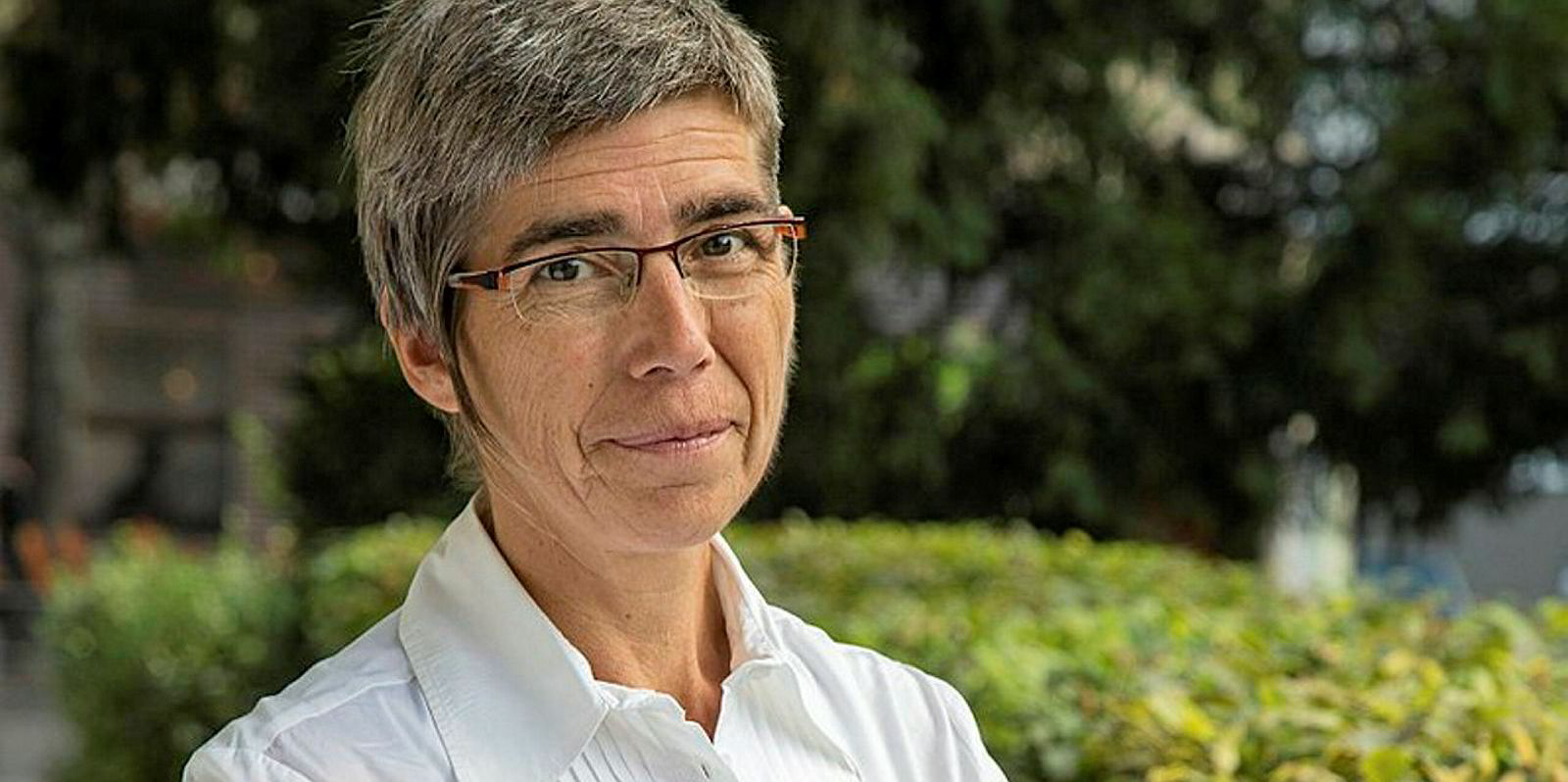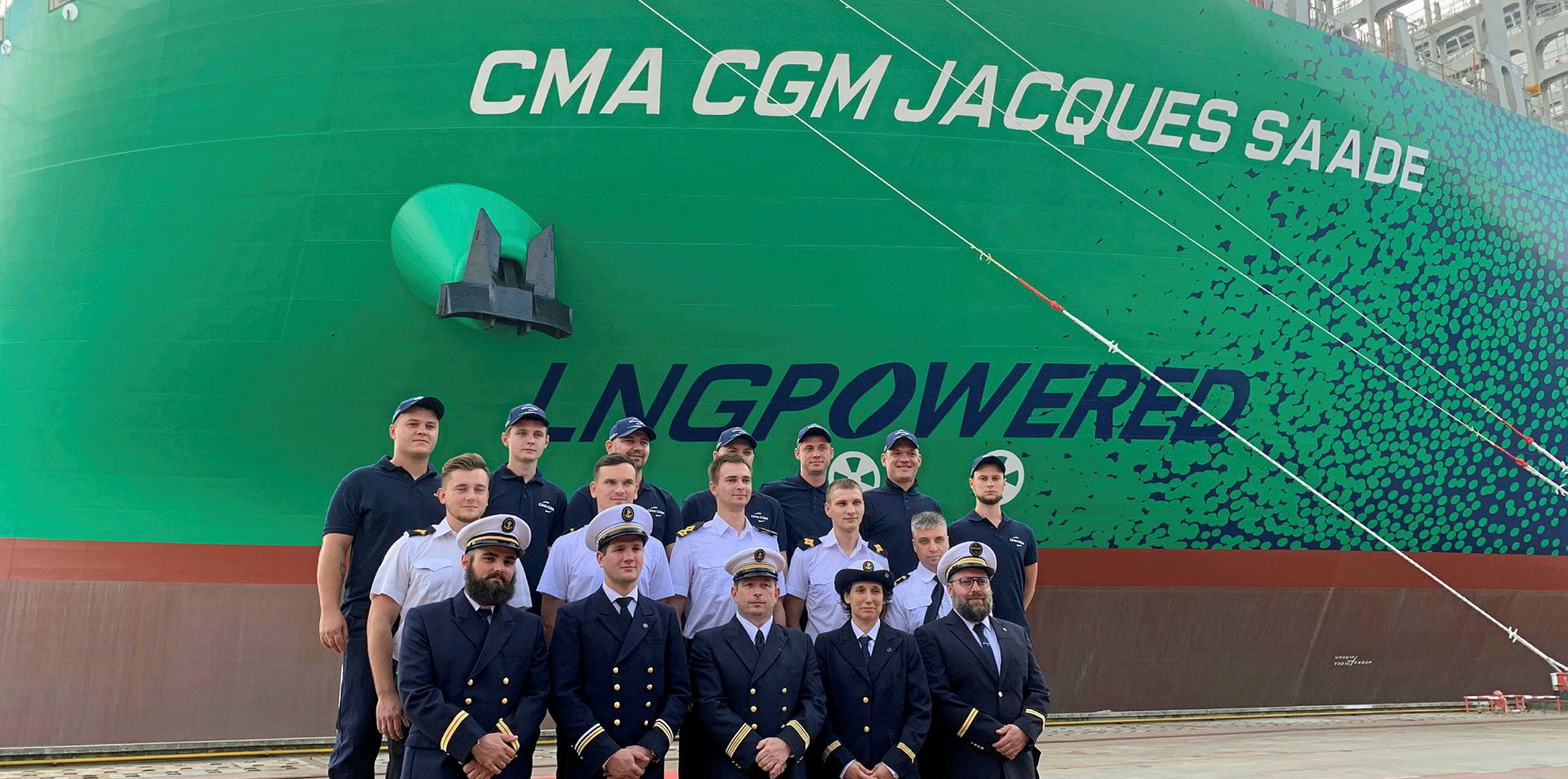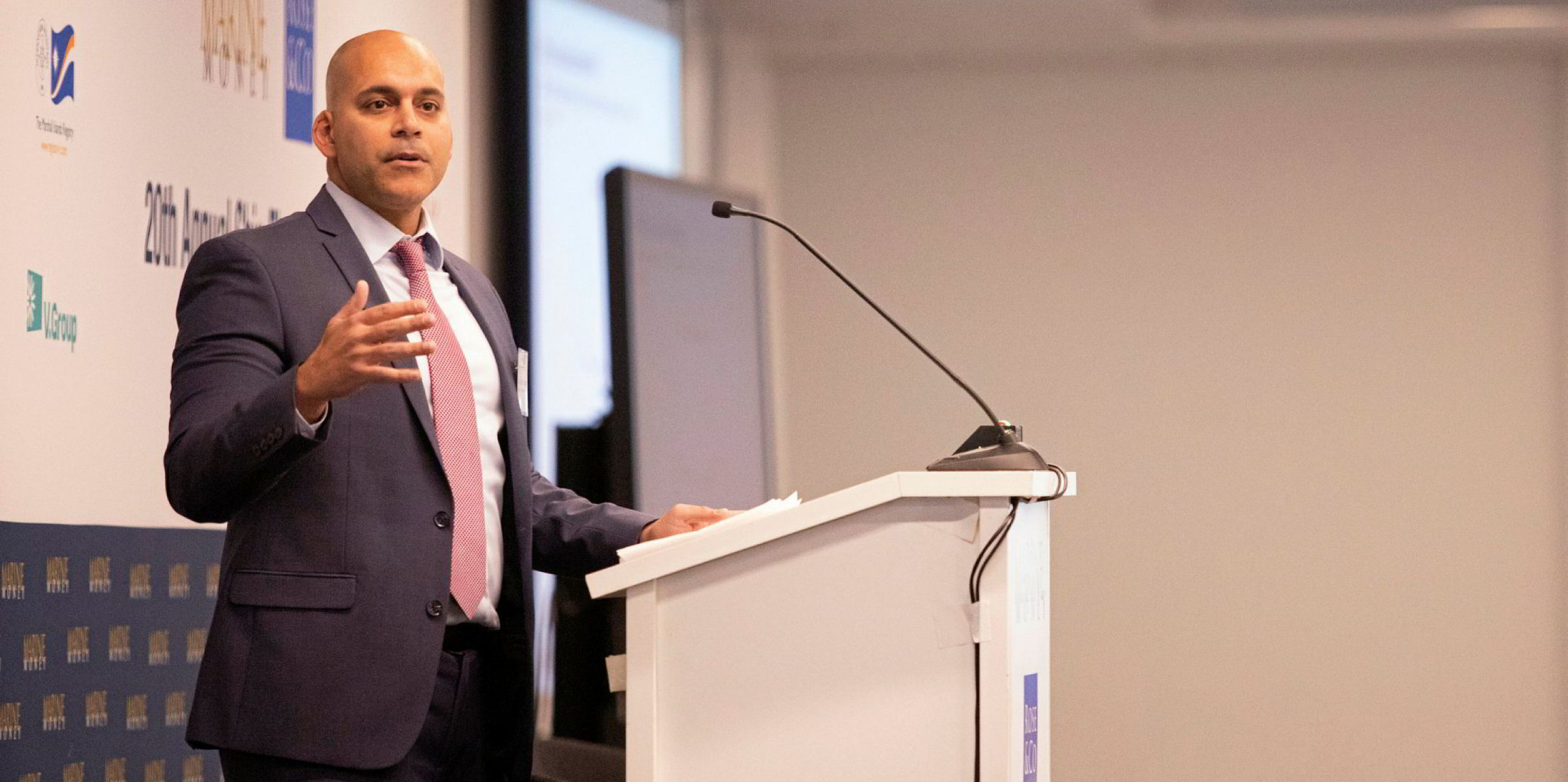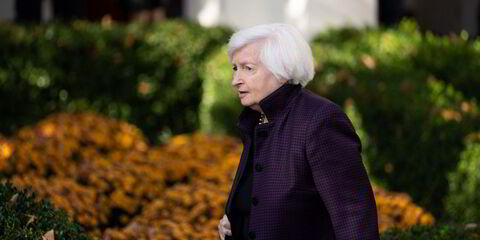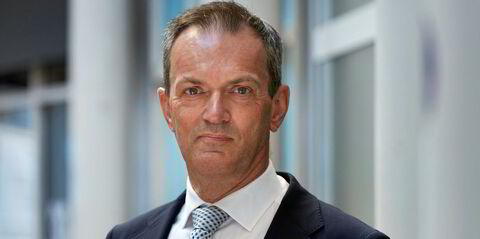The inclusion of shipping in the European Union's emissions trading scheme has sparked another clash between efforts to set global environmental rules on shipping and local regulations set by politicians impatient with the pace of change at the International Maritime Organization.
After the European Parliament voted last week to include shipping's greenhouse gas emissions in the EU Emissions Trading System (ETS), maritime sector stakeholders have reacted with complaints over a blow from the added costs of the new rules.
And they warned that the move could actually hamper efforts at the IMO.
Knut Orbeck-Nilssen, maritime chief executive for classification society DNV GL, criticised what he perceives as “localism” in the formation of shipping regulations, including the ETS decision.
Orbeck-Nilssen said he views the IMO as the main regulator for international shipping and that “localised” regulations will prove “extremely challenging” for shipping companies to be in compliance due to regulatory requirements and time frames.
“Shipping requires international regulations,” Orbeck-Nilssen said in a recent press briefing. “However, we do see that local and regional lawmakers are increasingly demonstrating impatience and distress with the IMO progress. We are facing a situation where idealism and localism spelled trouble for international shipping.”
The EU should provide its input during the IMO discussions rather than enforce a regional regulatory framework, Orbeck-Nilssen said.
“If you move into a regional legislation, you are in a way penalising those Europe-based owners that are always trading to the EU,” he said. “For them, this is actually creating an uneven playing field.”
IMO rules
The EU move comes as the IMO works toward efforts to cut carbon emissions by 40%, relative to 2008 levels, in 2030, and apply even deeper cuts by 2050.
But the pace of action has not been enough for EU politicians, and they have suggested more is to come.
It is the politicians not fully understanding what shipping is.
Dimitrios Fafalios
"We will continue work to bring down emissions from aviation and shipping inside the EU," tweeted Frans Timmermans, a lawmaker who has played a leading role in emissions legislation.
Fellow lawmaker Jutta Paulus replied that she hopes the European Commission will now "rally behind" the parliament's move to include shipping in the ETS by 2022.
But Dimitrios Fafalios, who is president of Greek dry bulk owner Fafalios Shipping and chairman of shipowners' group Intercargo, said the ETS will damage both shipping and Europe because politicians do not understand how the industry works.
“It is the politicians not fully understanding what shipping is,” he said. “To many politicians, and I don’t mean this in a negative way, shipping is the containership or the ferry or the ro-ro, which has got a far higher profile [than bulk shipping].
“The Emissions Trading System will be very negative to the industry, and very negative to Europe and will actually increase emissions.”
Transshipment blow
Fafalios said the ETS would destroy Europe’s transshipment business, which sees bulk cargoes parcelled out from larger modern carriers to smaller vessels for onward delivery.
Other shipowners seem to be reserving judgement on the scheme while details remain undecided.
Mikael Skov, chief executive of Singapore-based product tanker owner Hafnia, told TradeWinds that the emissions trading decision came as no surprise, as EU politicians had been pressing for shipping to be included for some time.
"We are generally in favour of international regulation with respect to global issues like this and support the efforts being made at the IMO," he said.
"That being said, it is still too early to say what specific effect this will have on our business, since the actual content of the ETS is yet to be agreed."
